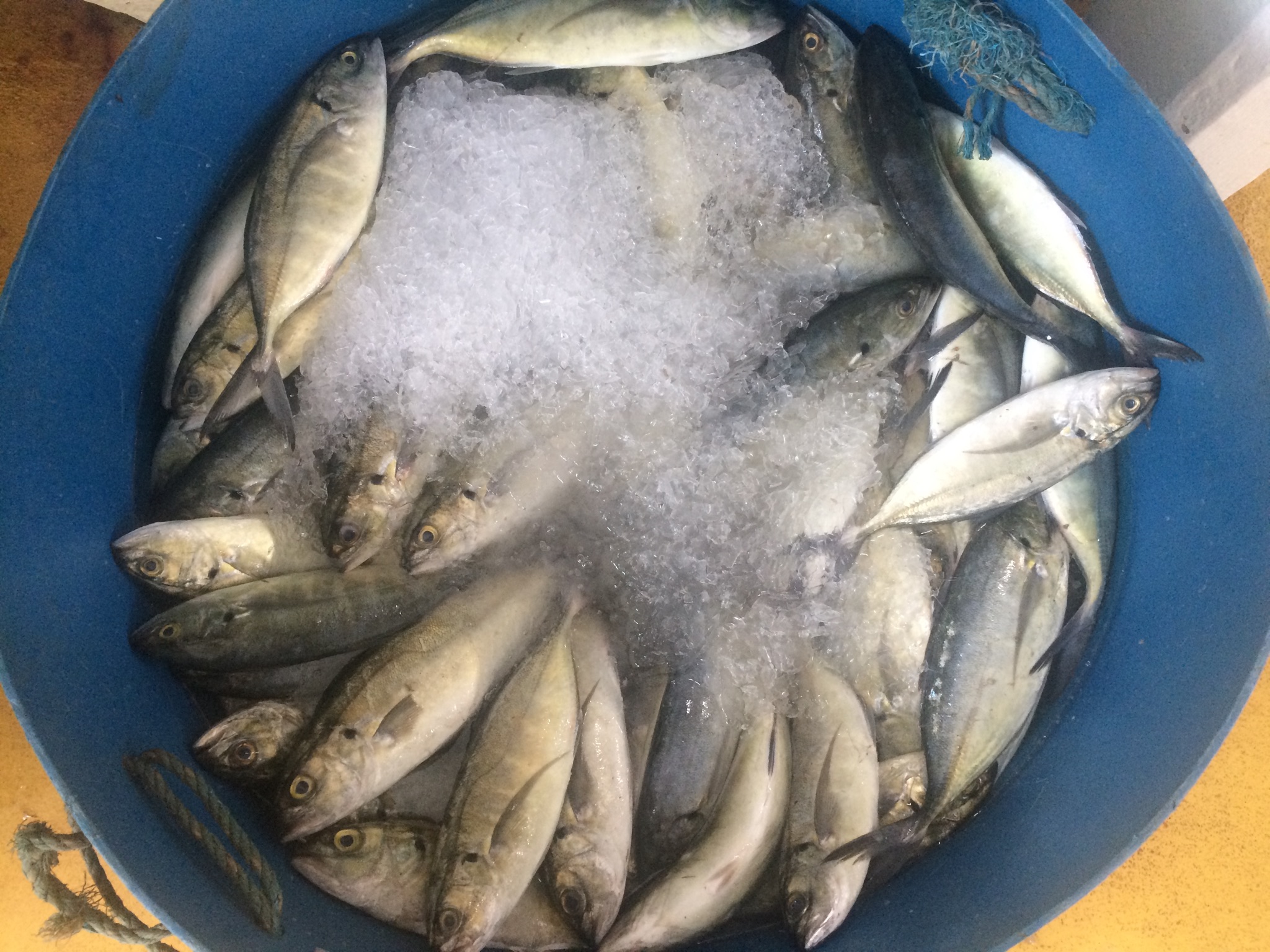Tricky question that is unlikely to be answered by a Sea Around Us researcher.
“When considering what fish we should eat, given that fish is good for us, it is time to take a broader perspective about how ‘us’ is being defined,” our Principal Investigator, Dr. Daniel Pauly, wrote in an article published this week in Nature’s News & Views section.
In Pauly’s view, the ‘us’ commonly used in Western media refers to a plural pronoun that involves people in the US, Canada, and the EU. In other words, it is not a global ‘us.’
“It doesn’t work because ‘we’ eat all the fish and the other part of the ‘we’ are left with nothing,” Pauly said.
Our PI’s reflection comes after reviewing a study by Hicks et al. that shows that in many developing countries, people are experiencing micronutrient deficiencies because most of the local fish, previously available and affordable, is now either sold for export to be consumed in wealthier countries, turned into fishmeal to feed fish farms particularly in East Asia or directly taken by foreign fleets.
If just a fraction of the fish that goes abroad was kept in these countries, most of the micronutrient needs of the population would be met. In fact, in 22 countries of the 43 studied by Hicks and colleagues, 20 per cent or less of the fish caught could provide enough key micronutrients to keep children under five years old healthy.
“The information they have provided could be used to put a spotlight on fish availability when thinking of ways to prevent human disease cause by micronutrient deficiencies,” Pauly wrote.
Read Daniel Pauly’s commentary here.
And Hick’s study here.



